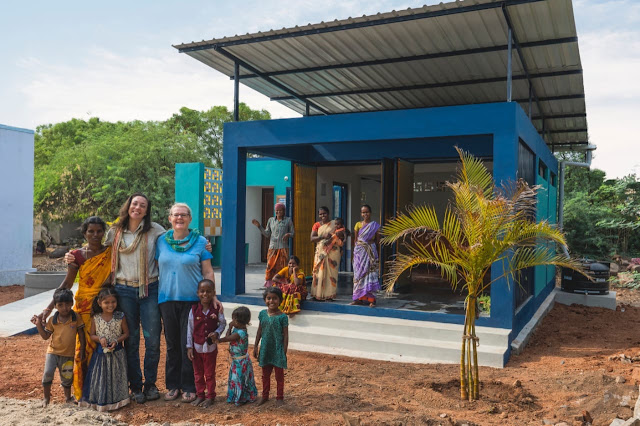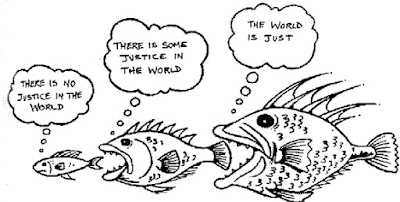BEING HUMAN
“Empowerment is not about doing the same thing the same way
in the same environment. It's about building the man and the woman and doing so
with a view to creating better citizens and, by extension, better patriots in
this society of ours.” - Anthony Carmona
Humans all over the world have been building their own homes
for hundreds of thousands of years. I was reminded of this recently during our
second community engagement session at the Bondalawada village. We were conducting
follow-up consultations with the teacher of the anganwadi school.
We presented three basic forms for discussion about roof and
aesthetic preference alongside zonal diagrams. Presenting in this way works
well in that it breaks down hierarchy and language barriers (see images below). When we presented these forms through our
translator she didn’t have to explain much, almost immediately Lakshmi was
asking about whether one option would require a gutter or need more shade to
the sides. She was immediately aware of
the issues with each design. I was impressed and a bit surprised, but I shouldn’t
have been. Her questions were so detailed
and thoughtful, the same as any architecture colleague would ask.
Why did I take notice of this? Because most clients we sit down with cannot and
do not come to this level of questioning during a entire project and it got me
thinking as to why this is the case…
Later, we were walking around the village to new anganwadi site,
while trying to soak up everything, observe everything, I had the light bulb
moment! Everyone in this village builds
their own home. They all use their hands
and minds to design their home and then build their home. The typologies are a result of years of
working through all of the things we consider when we are designing for a
client: site, form, orientation, materiality, budget, and aspirational
aesthetics. These thought processes are
intrinsic to their way of life and day to day considerations.
The majority of western society has completely lost this ability; housing
is designed and built for us.
We accept this, and in the process, have lost our understanding and
direct connection with our built environment. Obviously, some still have it but not the
majority and thus comes with it a lack of ability to empathise or understand why
architects and designers bring up these important aspects. Technological advancement also has a role to
play because we can also alter our environment with the push of a button, or sliding
bar of an app on our phone. These
actions further distance us from our hands and our homes and our environment.
As we all know, we are seeing lots of people re-assess the world's trajectory and
realise that significant adjustments are required. The thoughts on how to do so are extremely polarizing
as well. While I do not believe we should go backwards
to move forward, we do need to realise how the last couple centuries of moving “forward”
at light-speed has made us loose some very important evolutionary skills that are a part of being human.






Comments
Post a Comment